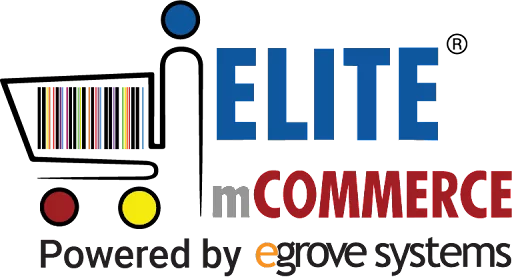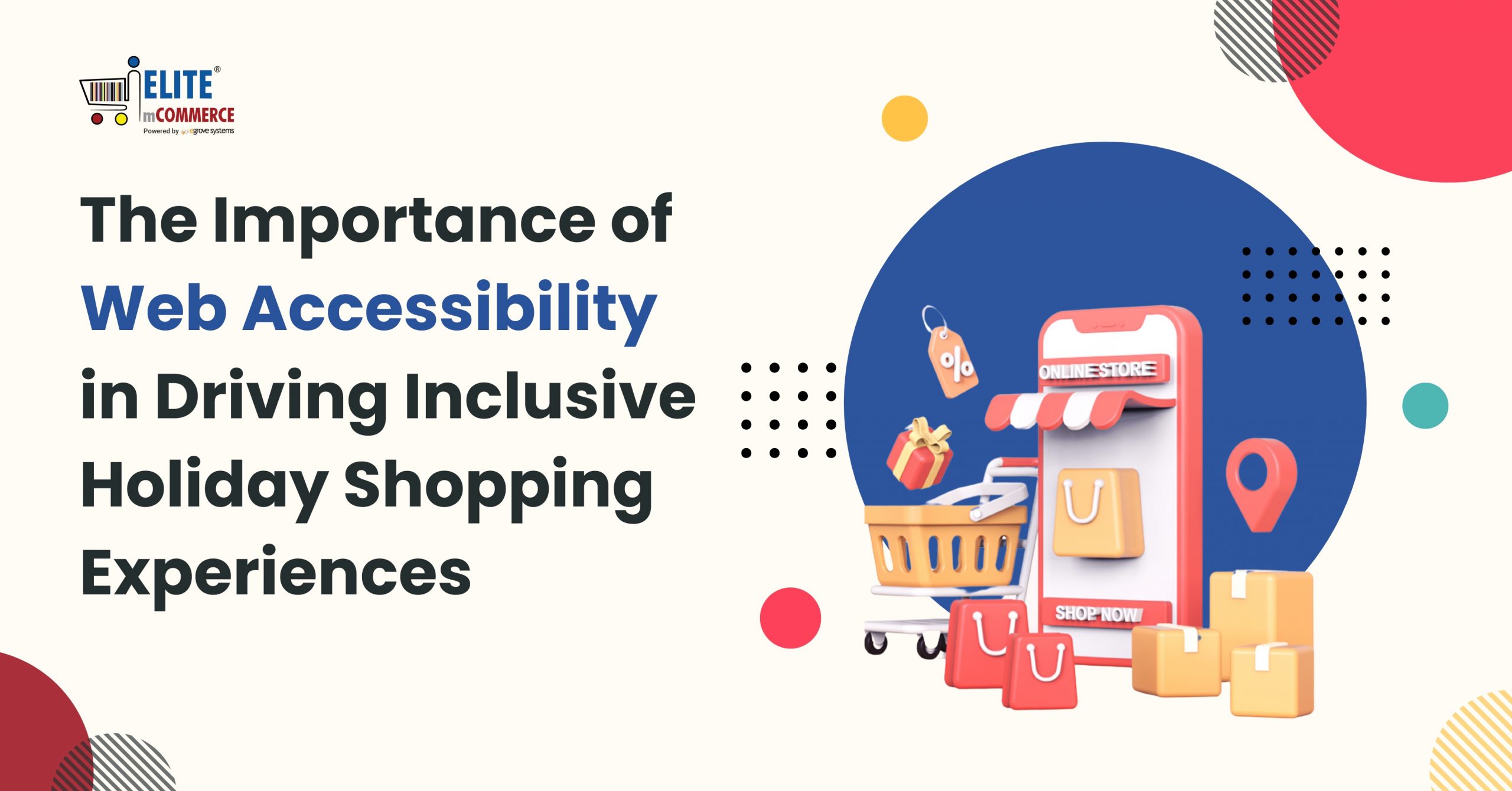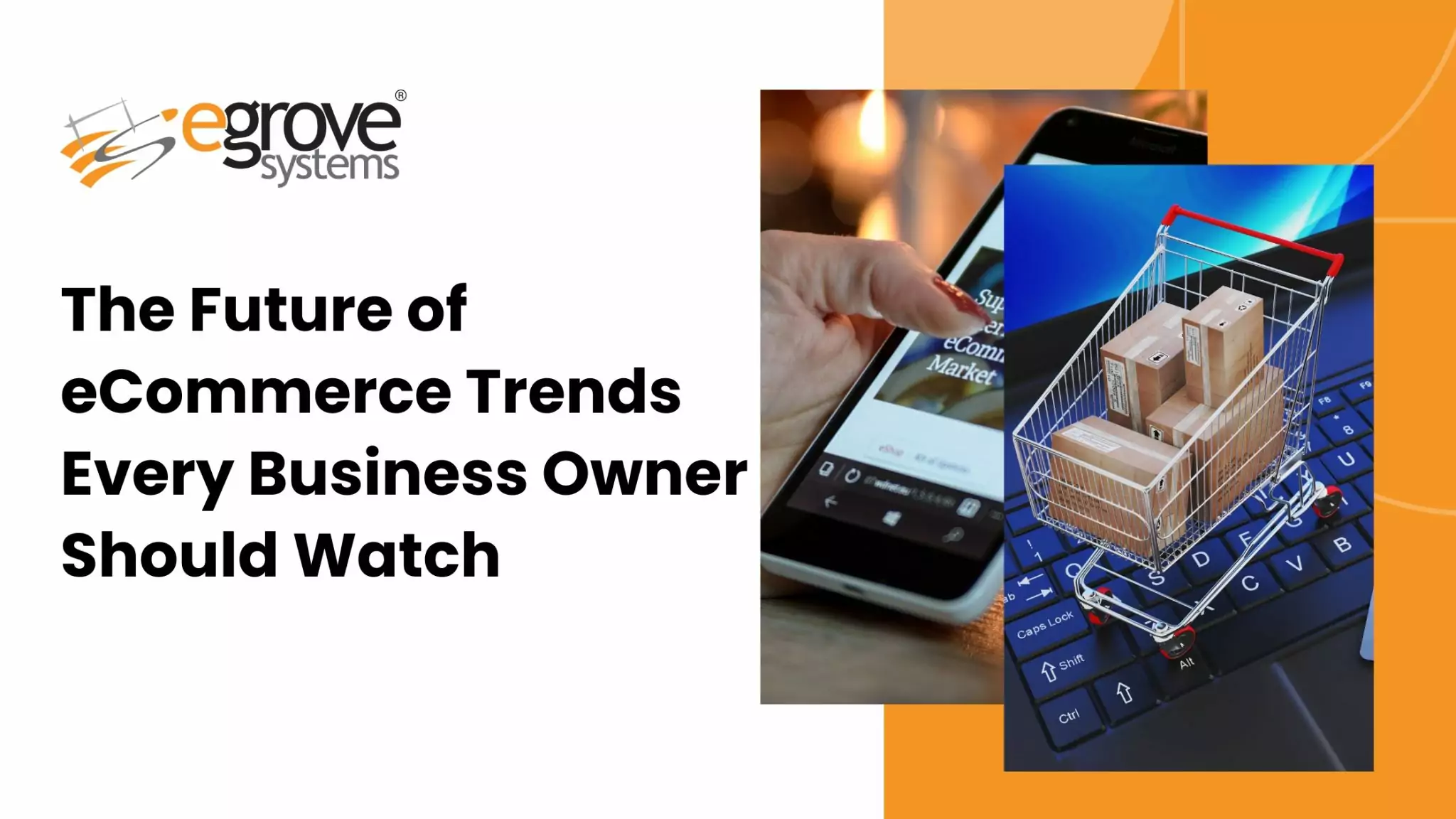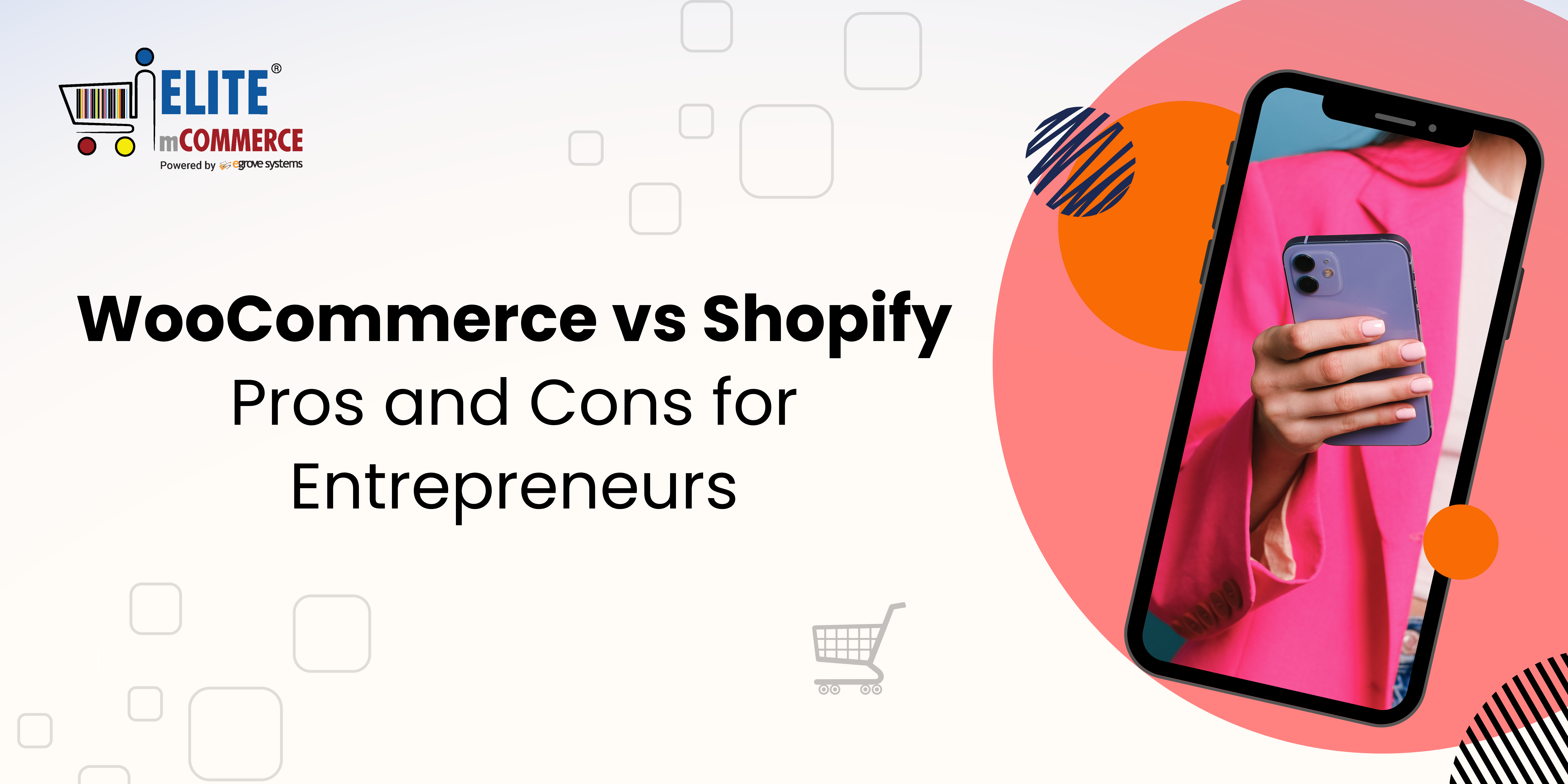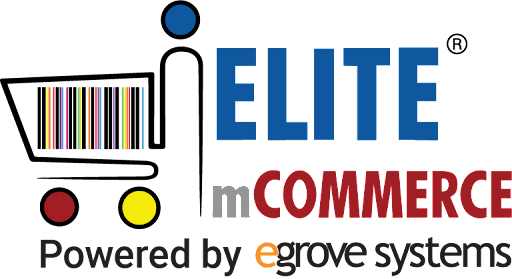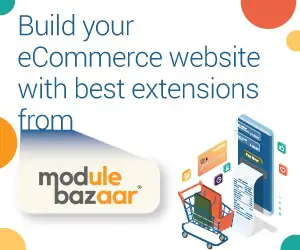Beacon marketing uses wireless signals to give potential customers alerts on deals or advertisements, as well as tracking those customers while they travel throughout a store or location. Unlike GPS, this signal is extremely precise, and it doesn’t need to be connected to like wifi. It is, however, local only; the signal uses Bluetooth, which is in almost every modern phone, to communicate with those inside a business.
More specifically, beacon uses Bluetooth low energy, the low powered version of Bluetooth, to identify and communicate with each phone in a store with a compatible app. Each phone and beacon are given a Universally Unique Identifier (UUID) by their software which can be used to track each individual phone, as well as telling distance by signal strength. Apple uses their proprietary iBeacon technology which requires both an Apple phone and a compatible app. However, Google recently came out with Eddystone, which is open-source, compatible with Android and Apple phones, and can submit URLs as well. This means that a beacon app may not be needed, widening the audience.
However, why use beacon technology at all? After all, store advertisements serve many of the same purposes. In truth, the problem with brick and mortar stores is that there is no real way to get information on customer behavior. There also isn’t a reliable way to make sure customers see a certain advertisement; if the customer doesn’t look in a certain direction, even the most well-designed advertisement will be rendered useless. This isn’t so with beacons.
Businesses can utilize beacon marketing by sending messages based on where a person is in a store, send their phones location-based deals, track specific customers coming back to a store along with the frequency of their visits, and even offer loyalty rewards. All these uses can even be combined to create a flexible, palatable, and low effort system of marketing directly to customers.
Also Read: Ways to Improve Retail Customer Experience
Many retailers already use beacons to provide their customers and themselves with valuable information. Giants like Best Buy and Target use beacons to offer rewards and alerts to customers. McDonalds used it to create a 20 percent conversation rate for their new coffee drinks with anyone who used compatible beacon apps. Walgreens used beacons as a complement to its reward program, alerting customers of coupons, deals, and offers to boost sales. Urban Outfitters, Nordstrom, American Eagle Outfitters, Macy’s, and many other retailers used beacon technology to help customers find items, offer deals, and even participate in raffles.
Beacon marketing has slowly become more and more accepted in today’s retail stores, shopping centers, and restaurants. As it becomes more widely accepted by businesses, people will likewise use apps that utilize the beacon signal, making them more useful as time passes. Some phone manufacturers will even include default beacon apps to use this emerging technology. All said, this means that getting in on the trend now will make staying with it that much easier for everyone involved. That also means far more sales conversions with little effort which is something any business could use.
